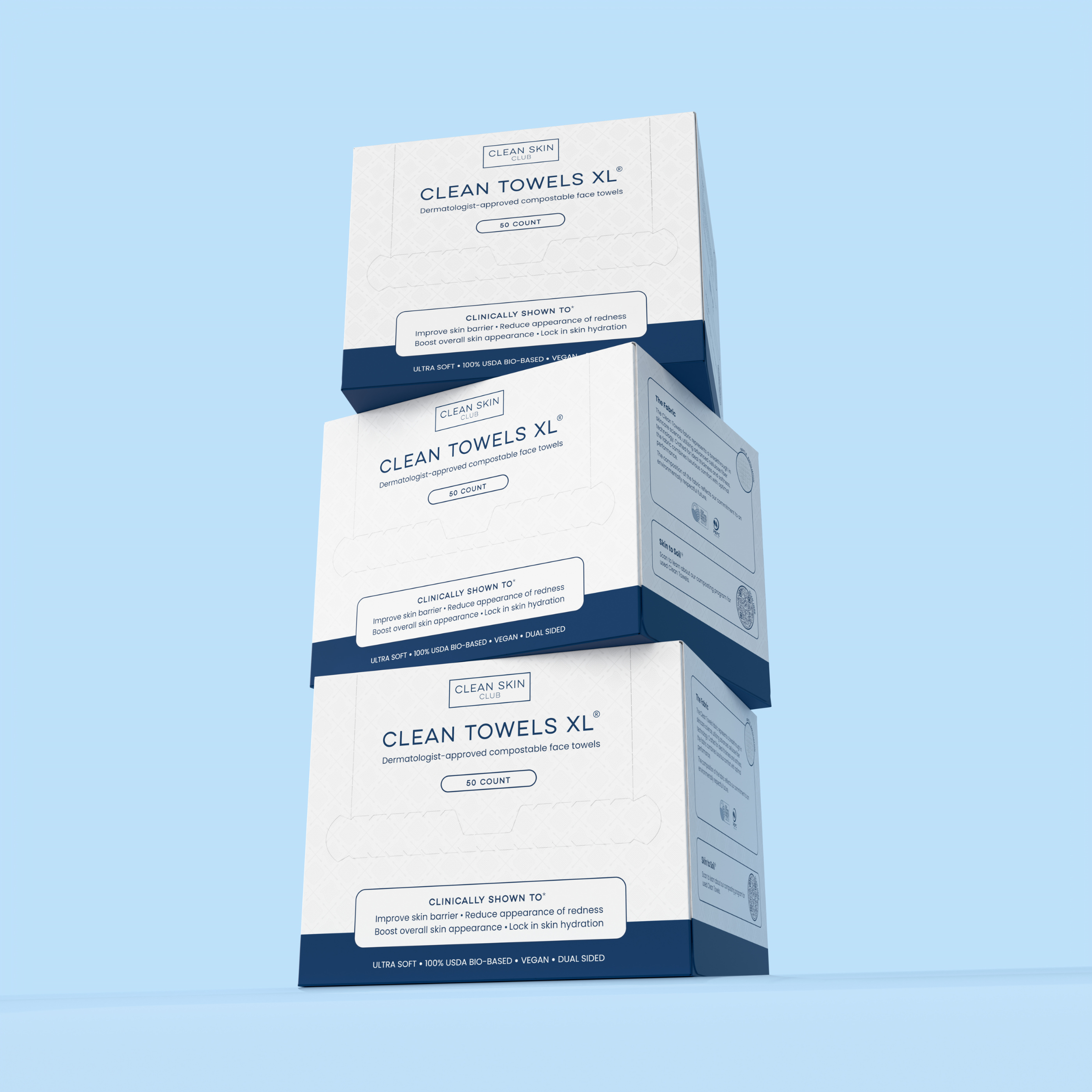Acne marks and scars are very common outcomes after getting pimples or acne. Knowing the difference between the two is important in order to treat it successfully.
What's the Difference Between Acne Marks and Acne Scars?
Acne marks are typically brown acne marks (post-inflammatory hyperpigmentation) or red marks (inflammatory erythema)
Acne scars, on the other hand, tend to be either either atrophic (indented) or hypertrophic scars. (raised scars) Atrophic acne scars can be further divided into 3 subtypes: Boxcar scars, rolling scars, and icepick scars.
It is possible to have both scars and acne marks after breakouts too.
What Causes Acne Marks and Scars?
Skin injury and inflammation due to breakouts is one of the main causes of acne marks and acne scars.
Severe acne and adult acne like cystic acne tends to cause more acne scarring.This can be worsened by squeezing the breakout or incorrect use of the creams/ treatments for the acne. Not all acne treatments work well. Some may even worsen the breakouts.
Acne Marks
Brown marks are due to melanin production. These dark spots tend to happen more commonly in patients with darker skin tones. Brown marks may persist for more than one year after the pimple has healed.
Red marks are due to damaged blood vessels and growth of blood vessels at the area of injury. Red marks may persist even several months after initial acne outbreak.
How to Treat Acne Marks?
Microchanneling can help the healing process by reducing inflammation and reducing blood flow so that the redness improves. This treatment also stimulates collagen production. Ingredients like Vitamin C, Kojic Acid, Azelaic Acid, Mandelic Acid, and Arbutin will help most!
Acne Scars
Acne scars occur due to skin inflammation and injury that leads to skin atrophy (indentation) and scar tissue formation. Thus is seen as dents or "holes" in your skin. It is possible to have acne scars and acne marks at the same pimple spot due to the concurrent disease processes.
How to Treat Acne Scars
Everyone is unique. The most suitable treatments for your scar and skin will differ amongst individuals depending on your skin type, hydration, pain tolerance and ability to handle downtimes. Scar treatments should also be flexible to accommodate how your skin changes during the course of treatment.
Chemical peels can also help treat acne scars. For mild acne scars, chemical peels can also help to reduce the acne inflammation (increased white blood cells), help with fighting acne and treat mild depressed acne scars. Examples include Azelaic Acid and exfoliating Hydroxy Acids. More aggressive chemical peels like TCA can be used for ice-pick scars.
How to Prevent Acne Marks and Acne Scars?
The best way to prevent acne scars and acne marks is to prevent acne lesions from forming. This can be done using good skincare, exfoliation to remove dead skin cells, and avoid squeezing pimples that form. However, do note that genetics also play a role in determining how easily you scar.
Knowing the difference between acne and acne scars is also important. Remember to treat acne immediately so that less scars form. This is especially important for those who have darker skin types.
If in doubt, please speak to an acne specialist for proper guidance.
Thank you for reading!
This article of the Skinsider Scoop was graciously written by, Licensed Esthetician and owner of Bronte & Beauty, Keyla Bronte, and edited by the Clean Skin Club team. If you're interested in more from Keyla, please shoot us an email, and follow her Instagram - @bronteandbeauty


